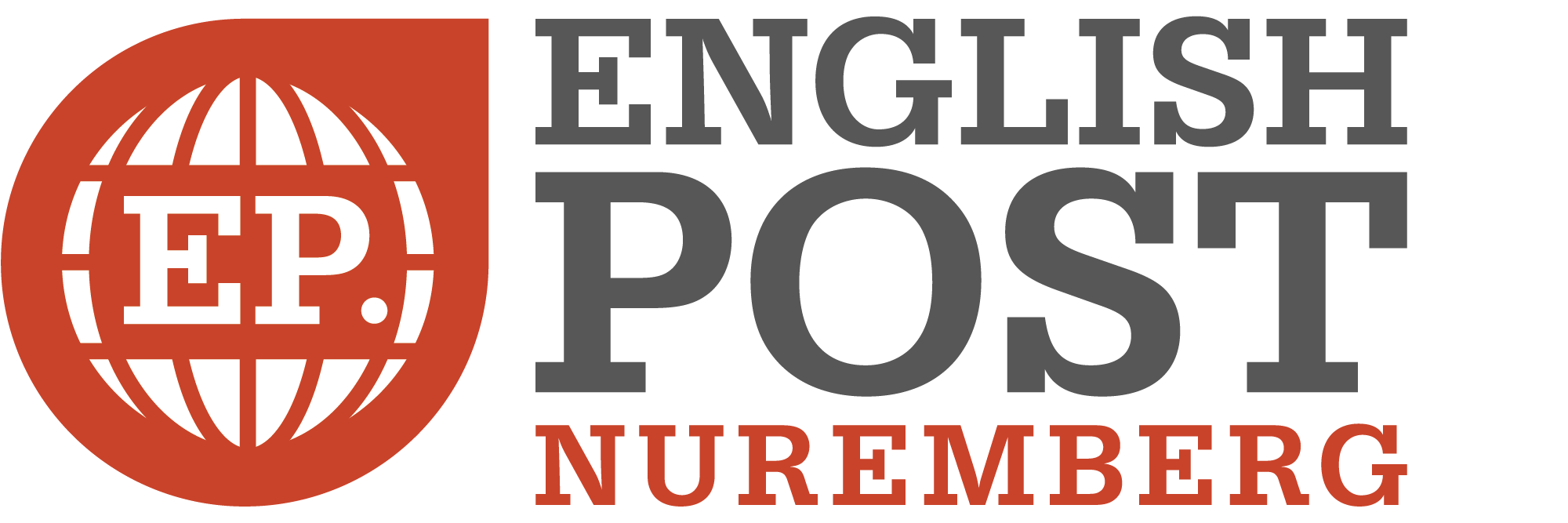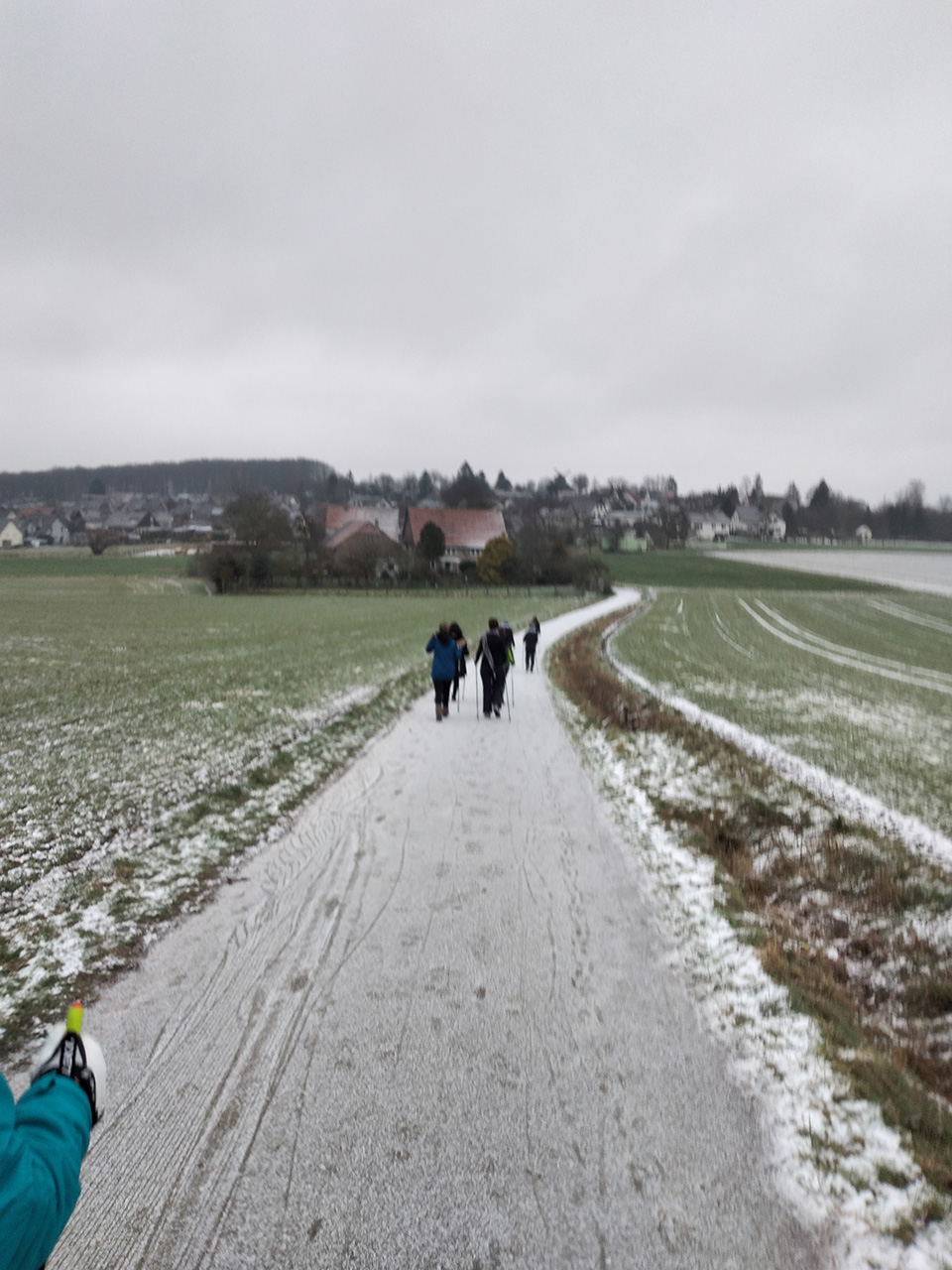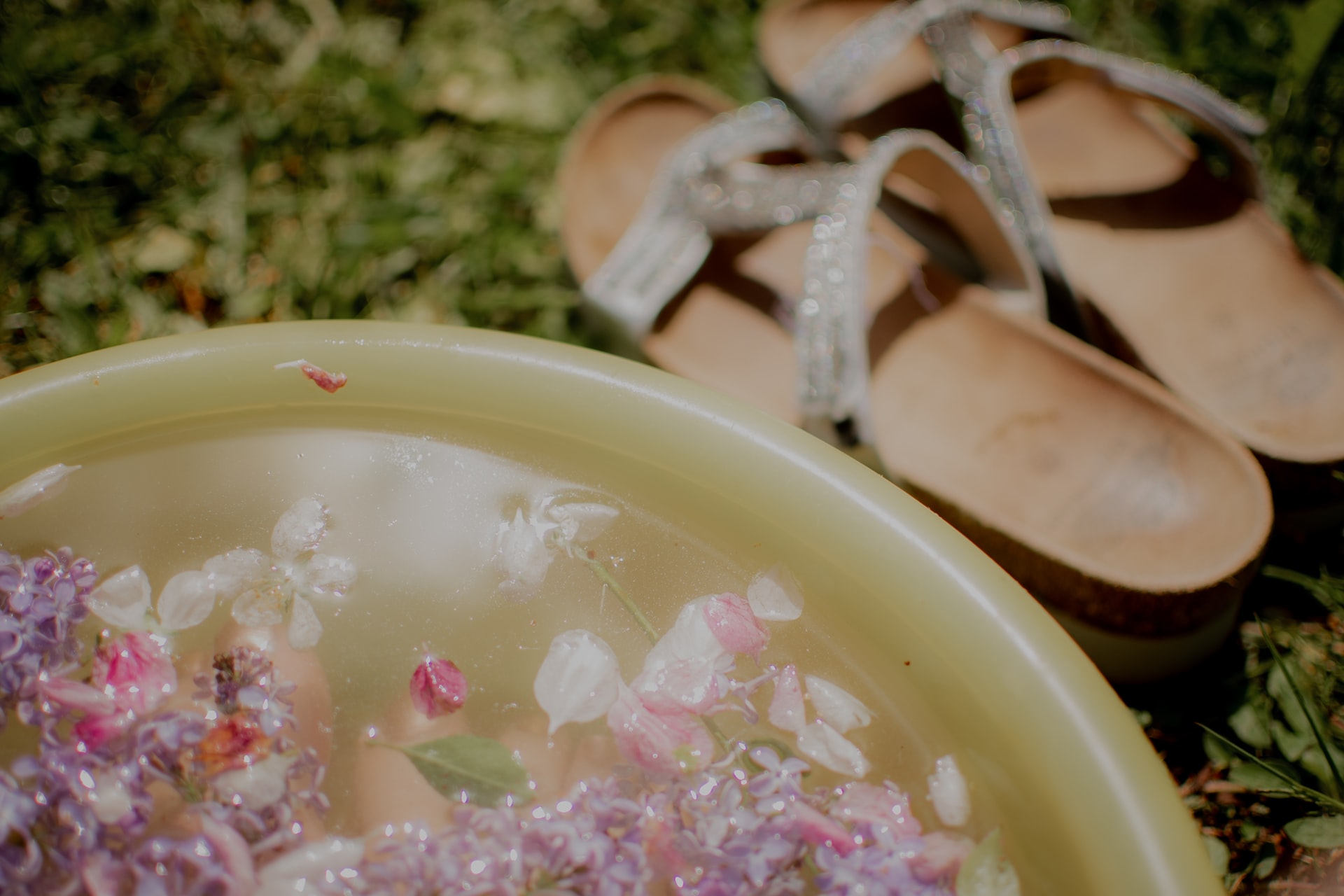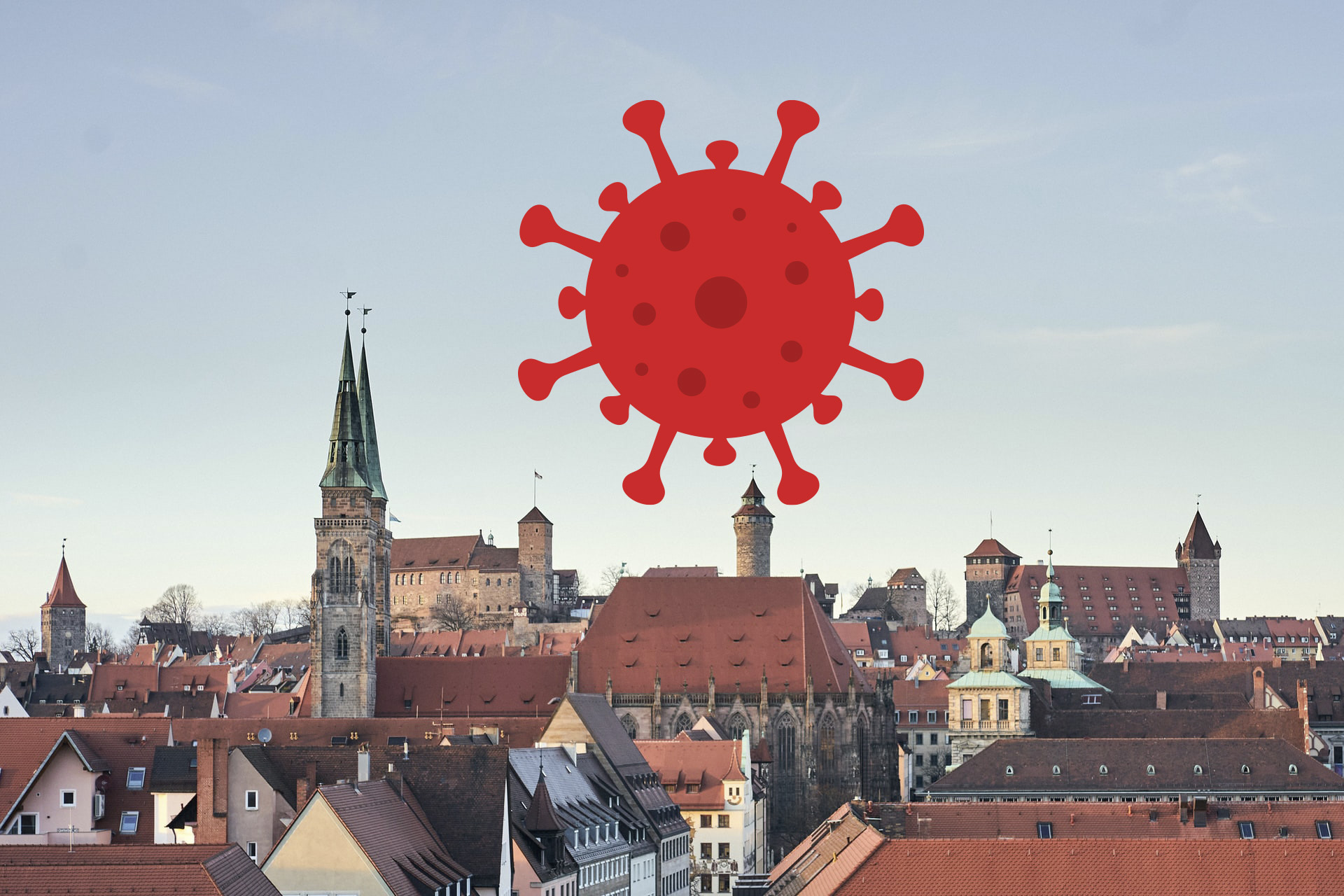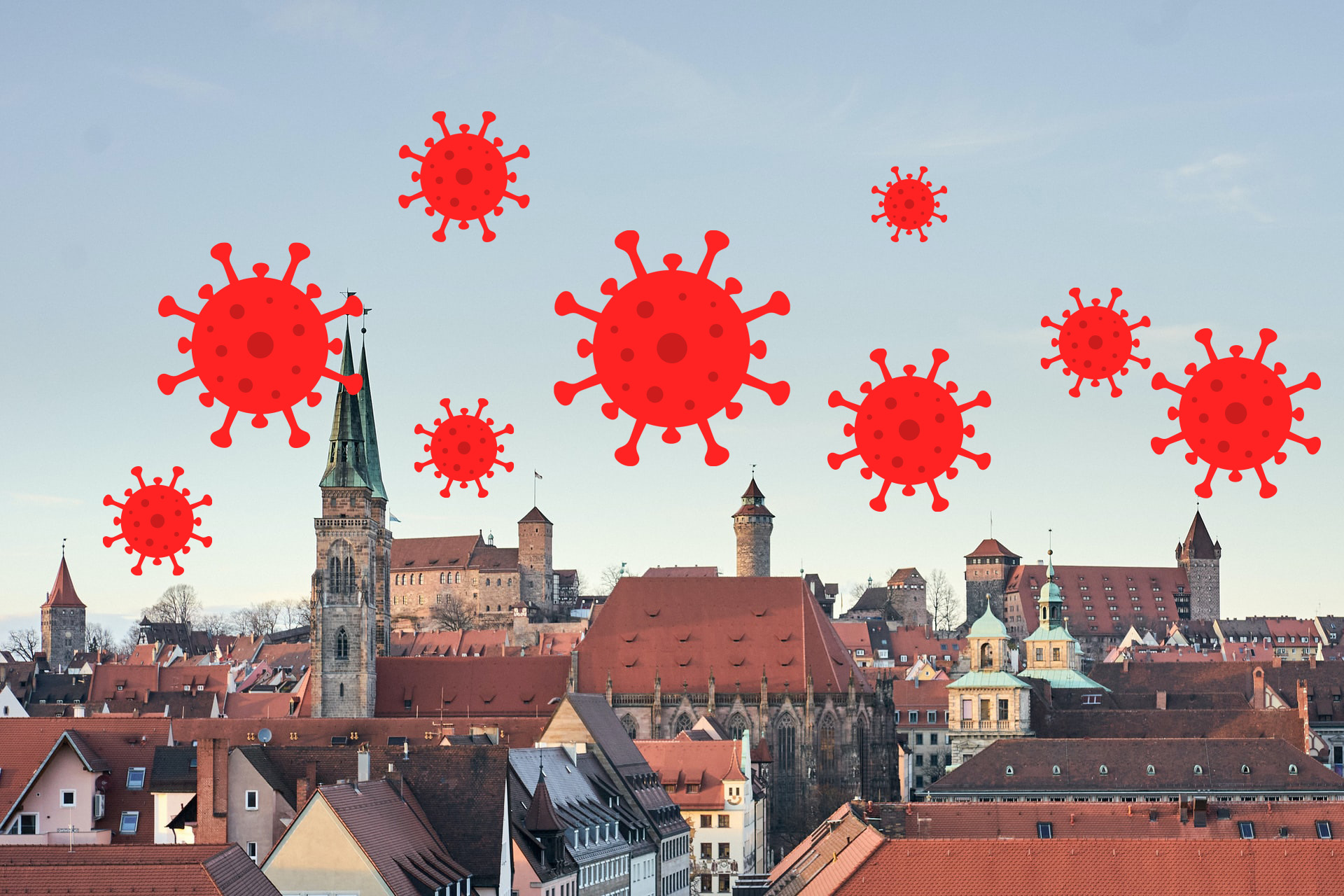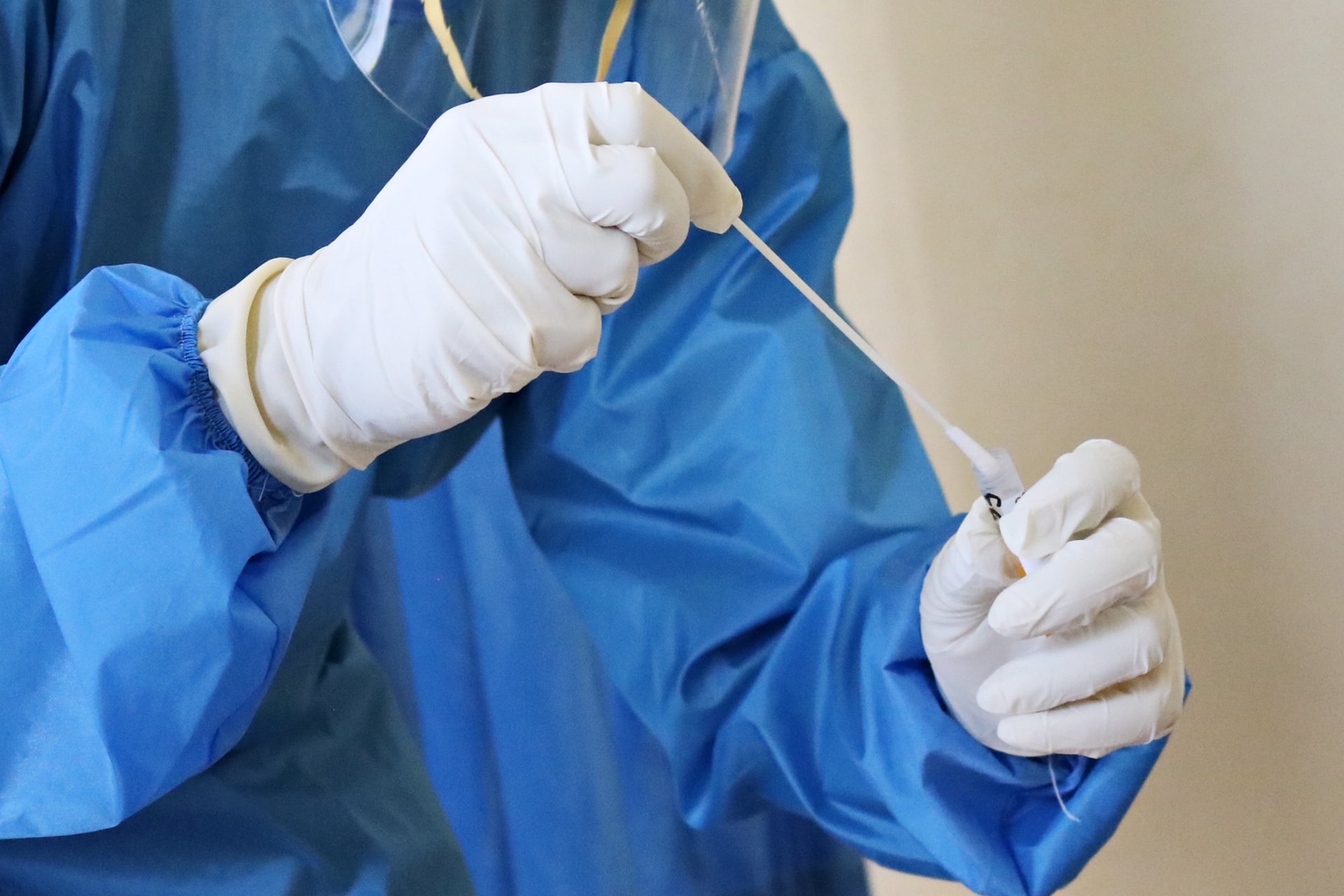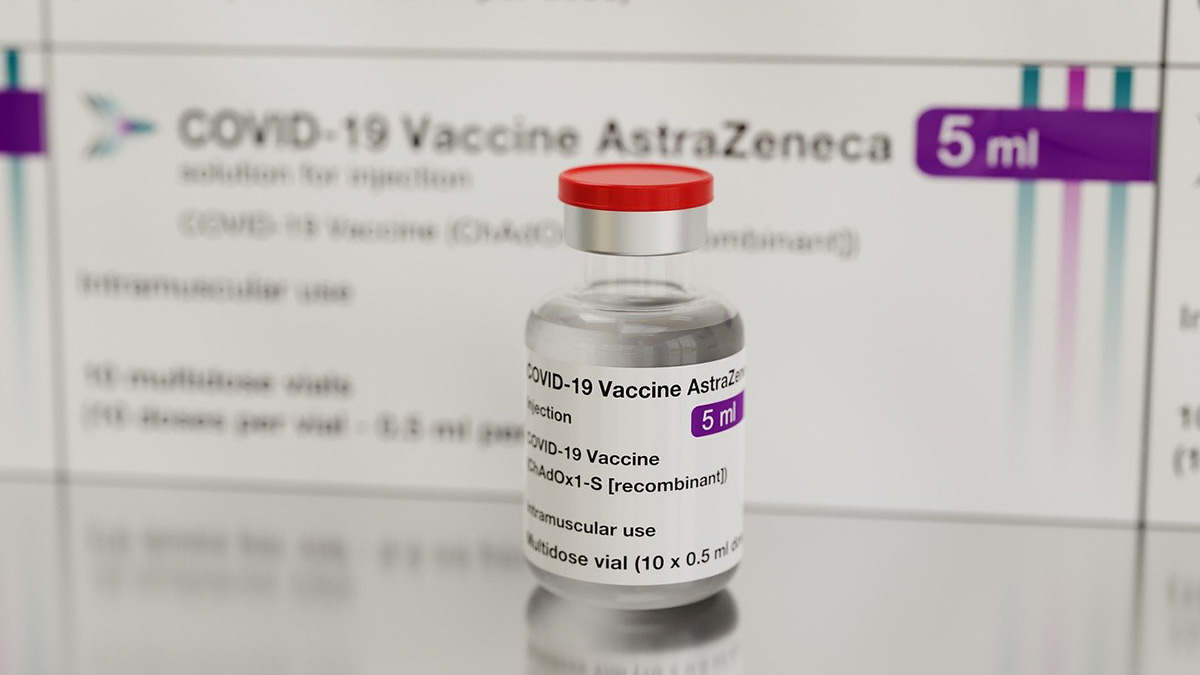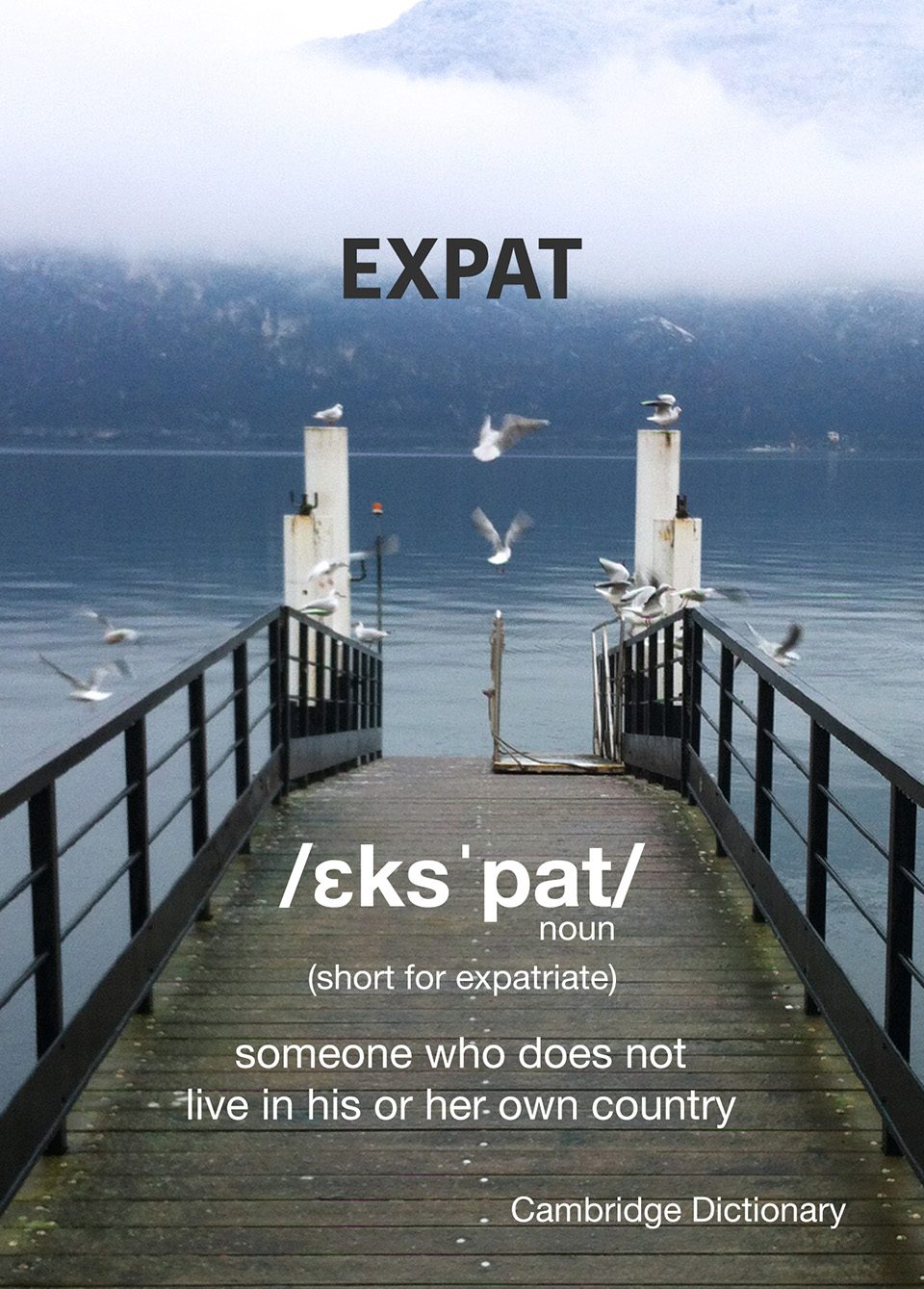It’s just after Christmas, but despite the nation-wide lockdown in Germany I am finding myself in a tightly spaced group of women, swinging our Nordic walking sticks through some magically snow-dusted woods near Teutoburger forest.
We’re wearing face masks and doing our best to social distance, but our conversation is flowing as it would have done pre-lockdown, and the sense of relief at having the company alongside the exercise is palpable.
So why are some people able to exercise in a group, to use saunas, pools and communal dining rooms, to access childcare, massages, physio and a piano in a library?
This is due to the medical necessity of a Mother-Child-Kur, which some of us have been waiting to go on for a year or more.
Despite the similarity of the word Kur to ‘cure’, a stay in one of Germany’s over 1100 Reha-Kliniken is a preventative health measure, which has to be prescribed by a doctor. Think: ‘spa break’, but with a focus on personal health goals and improved mental wellbeing.
Many people access a break in a Reha clinic (rehabilitation, not to be confused with alcohol/drugs rehab, although some clinics specialise in addictions) after an operation, following cancer treatment or an accident, to recover from organ transplants or an amputation, but indications for psychosomatic treatment are, for example: clinical exhaustion, depression, obesity, stress/trauma, bereavement, divorce or nicotine dependency.
For parents, especially mothers, there are specialised clinics where a child or children can accompany the parent for an ‘Eltern-Kind-Kur’, or ‘Mutter-Kind-Kur’. The parent has a personalised programme of exercises, individual treatments and psychotherapy based on their prescription, while the children are entertained separately by qualified childcare workers for up to 6 hours a day.
The cost of the stay, which is usually for 3 weeks, is largely borne by your health insurance (provided you’re not privately insured), except for a personal contribution of €10/day.
An alternative to a Kur is a Kinder-Reha, where the child is the focus. As opposed to a Mutter-Kind-Kur, funding for Kinder Rehas comes from the Rentenkasse and not the Krankenkasse, and has to be applied for accordingly
Anyone who feels they would benefit from going on a Kur, would do well to get in touch with a specialised Kurberatung, an advice service that will ensure your chance of your application being accepted by your health insurance is maximised.
Many organisations offer such free advice sessions, mostly large Christian charities like Caritas or Diakonie, but also AWO, the Muettergenesungswerk or Familienbildungsstaette in Nuremberg.
You can access the Kurberatung on the phone, online or in person, and they will usually offer to send you leaflets and brochures in the mail as the options can be so varied and vast. Talking to a qualified advisor before you see your doctor or after you receive your prescription also limits the frustration of calling various clinics, only to be told they’re full for the time being, and going through the rejection and appeal process with your health insurance.
It is important to note that you will need a conversational grasp of German in order to access the advice session, or indeed go on Kur, because much of the intervention is speech based and you won’t be able to benefit from the Kur unless you understand your counsellors and doctors.
In short, my 21 days in the clinic with my son felt like a much-needed oasis in lockdown purgatory; we made new friends, colourful artworks, new memories and learned better coping strategies with stress and the exhausting demands of daily life.
Patients are encouraged to take the time away from their routines as a starting point to improve their nutrition, response to adversities and parenting strategies, so an active participation and willingness to take responsibility are required.
Especially single parents and those with children with SEND will find a Kur beneficial, despite the fact it is only funded every 4 years there may be exceptions depending on your circumstances and health challenges.
